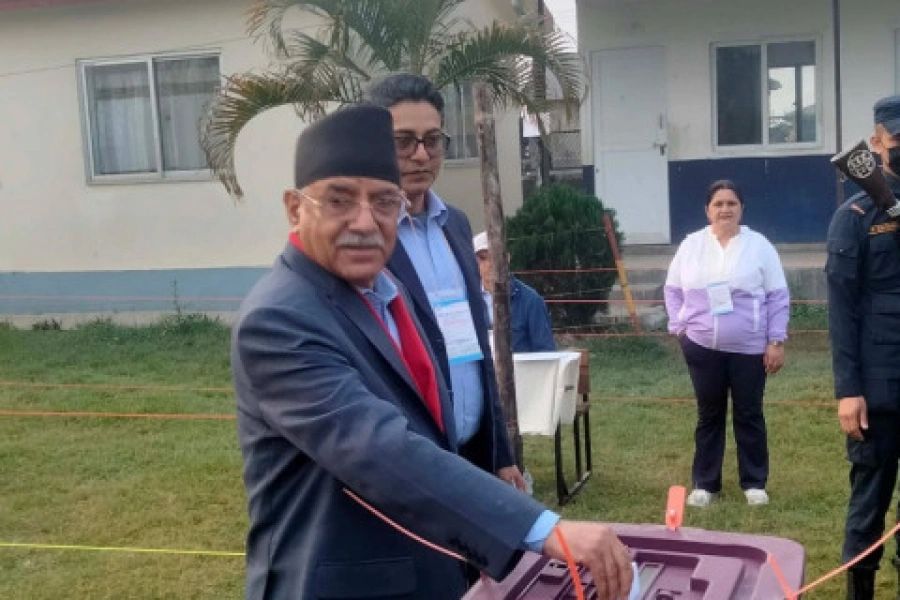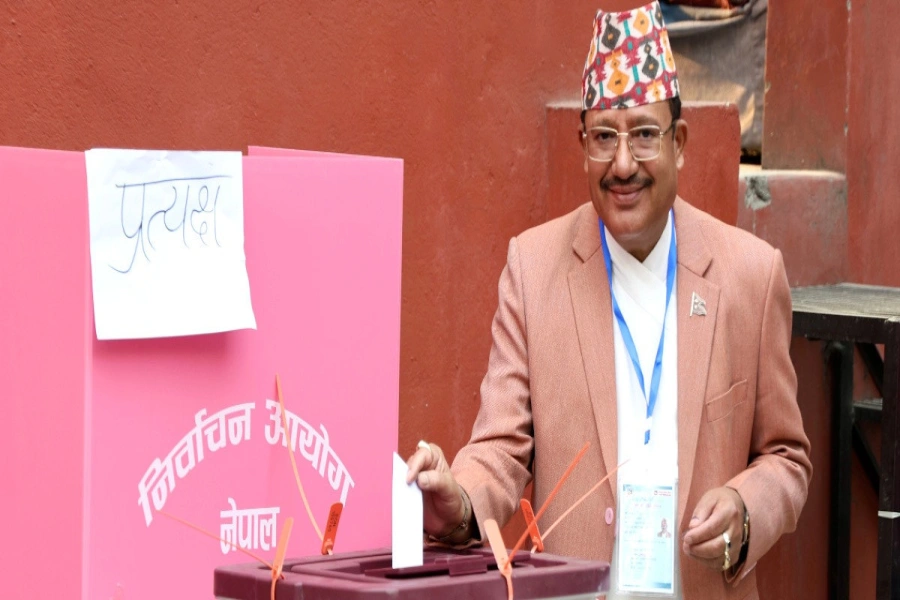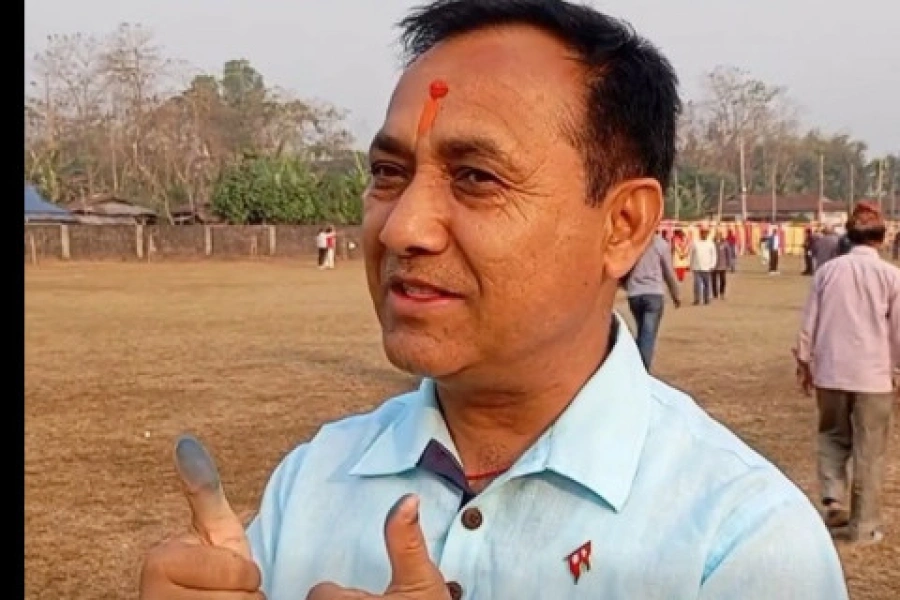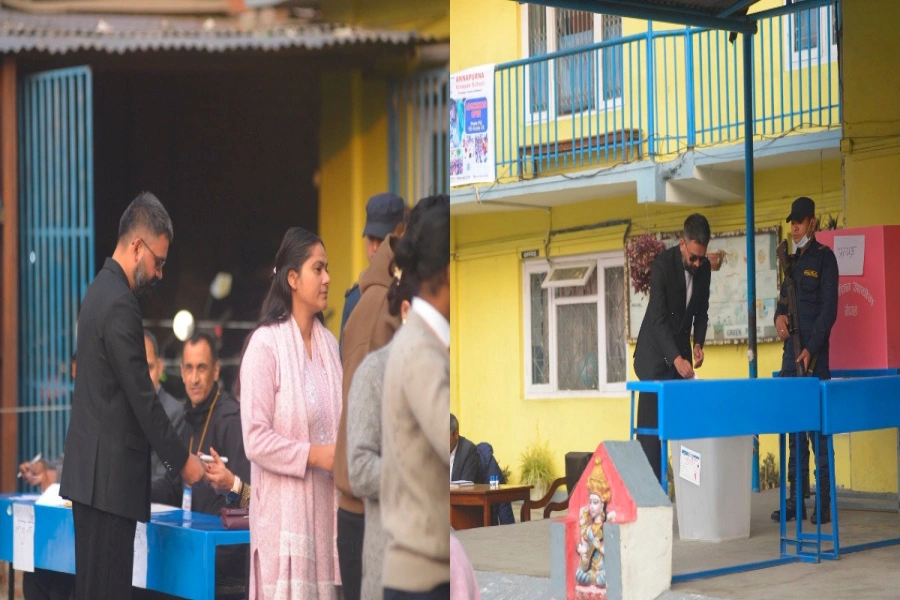KATHMANDU, April 22: As a three-day meeting of the Rastriya Janata Party Nepal (RJPN) kicks off in the capital Monday, the party’s proposed merger with the Federal Socialist Forum Nepal (FSFN) is expected to top the meeting’s agenda.
The meeting, which comes in the backdrop of a formal offer for merger from the FSFN, is being watched with much anticipation as it will decide the fate of the proposed merger of the two regional parties.
RJPN and FSFN, the third and fourth largest parties in the parliament with roots in Madhesi politics, haven’t yet been able to start formal negotiation due to a precondition put forth by the latter.
Infighting deepens as RJPN weighs options

RJPN wants FSFN to sever ties with the ruling Nepal Communist Party in order to pave way for merger. FSFN, a partner in the coalition government, has turned down the precondition but has said that it could think about quitting the government after a merger.
RJPN leader Brishesh Chandra Lal said that the meeting would decide the party’s next move taking into consideration its recent correspondence with the FSFN.
“Various issues relating to merger would be discussed before reaching to one appropriate decision,’’ said Lal, a member of RJPN talks team formed to negotiate with FSFN. He said that the meeting will also decide the new date for the first general convention. RJPN, which was formed two years ago through a merger among six parties, hasn’t held its general convention.
Voices for merger are growing in both the RJPN and FSFN which run a coalition government in Province 2. The pro merger groups from both sides see it as a necessity in order to strengthen Madhes’ standing in regional and national politics. They have been quietly holding negotiations on various aspects of the merger. The parties are closer in terms of their ideological and political lines.
The allocation of key portfolios, however, remains a major challenge, according to FSFN senior leader Ashok Rai.
Leaders said that the two sides are at odds over the modality of leadership as well as the accommodation of senior leaders from both parties. Accommodation of senior leaders remains a big challenge particularly for RJPN because of collective leadership model. All six members of the RJPN presidium hope to retain their positions in the merged party. FSFN is in favor of a centralized leadership model. It also hopes to retain its name, election symbol and flag after the planned unification.
“There would be discussion on all aspects of unification once a formal negotiation kicks off. For now, we are waiting for them to come up with a date for formal talks,” said Rai.
















-1200x560-1772642762.webp)



















